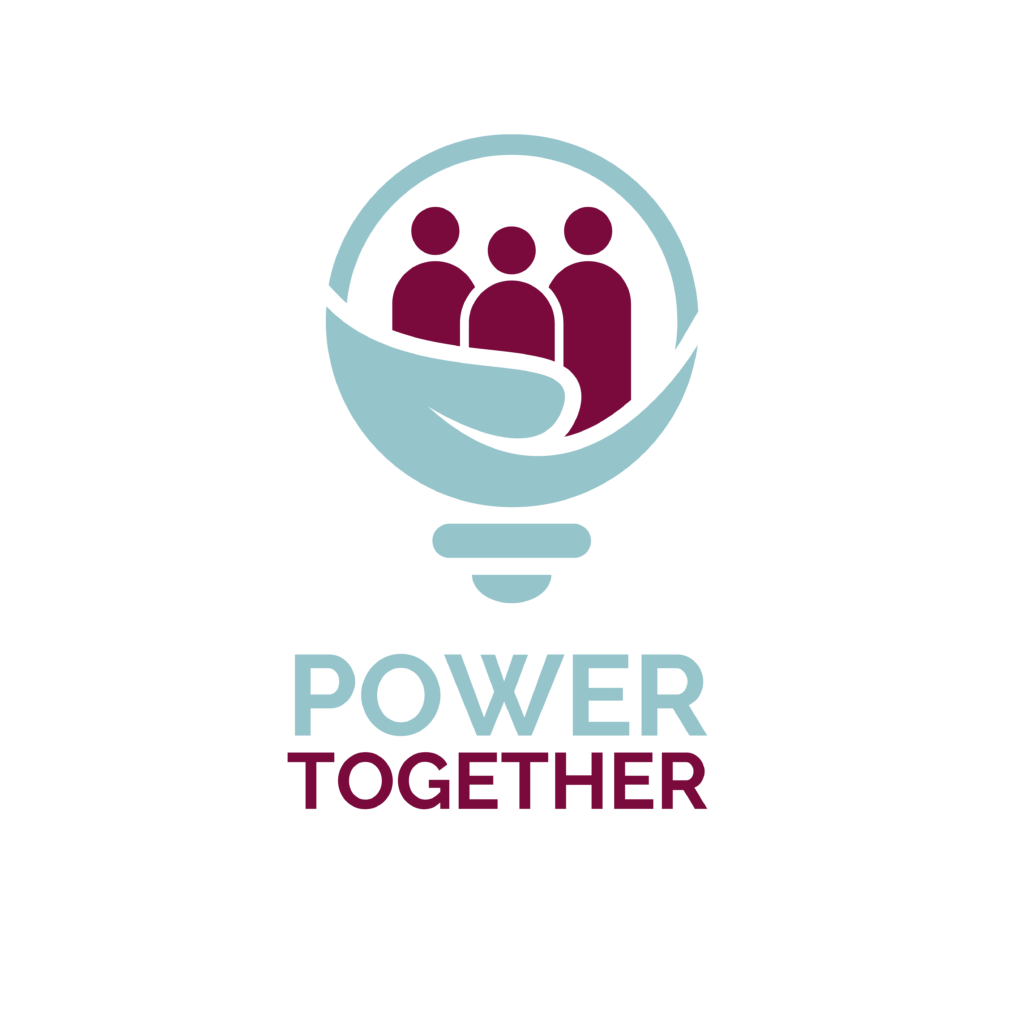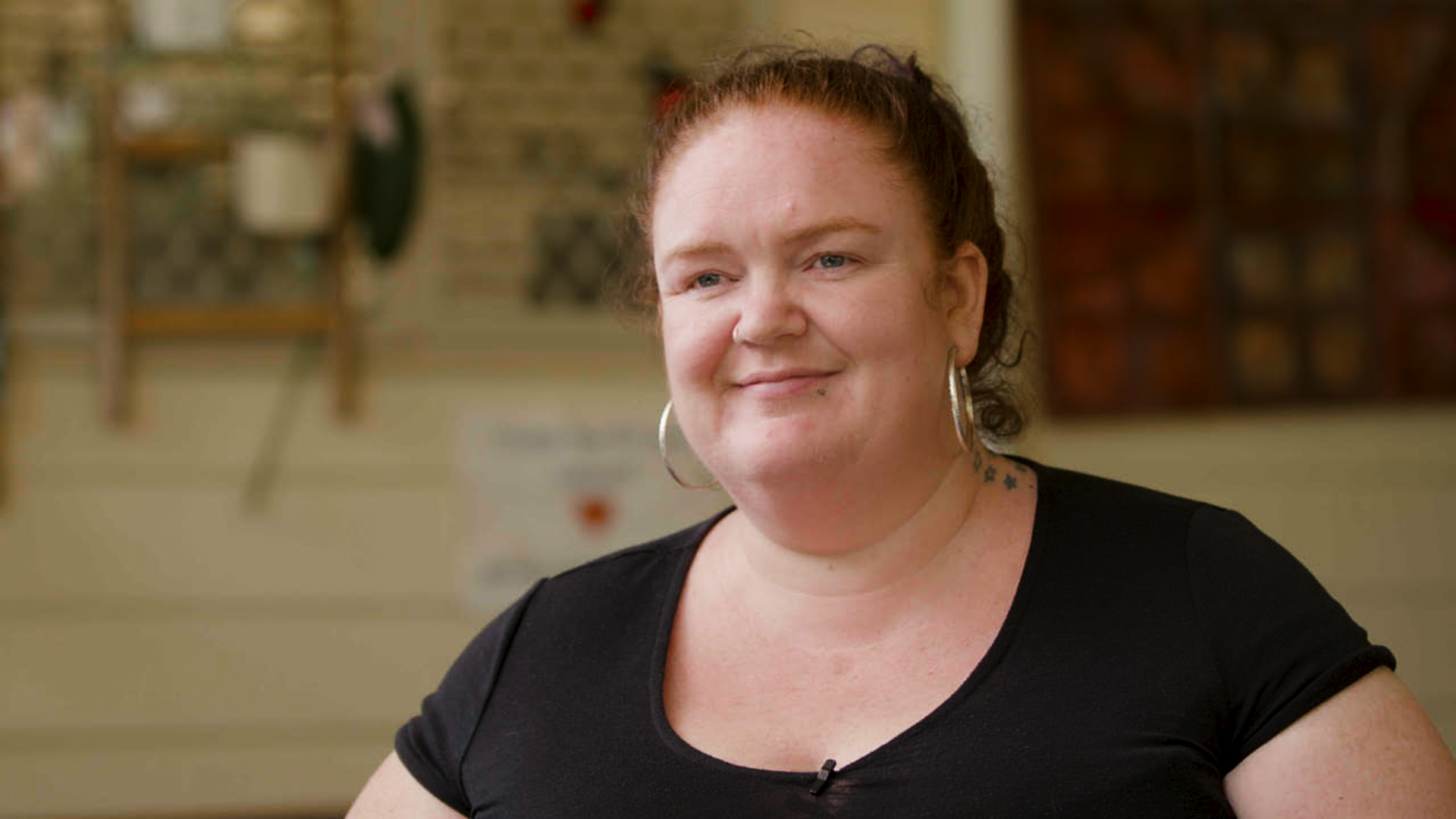Lisa moved to Australia from New Zealand and has lived in the Logan area for the past 5 years with her young family. She works part time in the HIPPY program and volunteers in the Emergency Relief program with her local Neighbourhood Centre. She has both felt the impact of the rising cost of living on her own family, as well as seeing the dire consequences of financial insecurity in her community.
She explains what she is dealing with.
“We supply food parcels and petrol vouchers when we have them available, and energy and rent arrears. I see a lot of families that come in and they’re absolutely devastated they’re losing their house because they can’t afford to pay the rent… especially when we can’t do anything more to help them with the resources that we have. Or having to say to somebody I’m sorry, we can’t help you. It’s heartbreaking.”
Lisa’s own family also faces big challenges. “My house got pulled out from underneath us with no warning, and we now have to move. Our rent will be increased by at least $200 a week for us to even get into a place that will accommodate me and my husband and my children. And wages haven’t gone up, nothing’s gone up to accommodate people. Except for everything else. Food, power, gas, rent, everything’s increased.
“It’s really stressful. It affects me every day, it affects my mood, it affects my sleep patterns, which in turn affects my parenting. You know, it’s just a downward spiral. Really. You can only say sorry, so many times we’ve been so stressed out and losing for nothing. Because you know, you’ve just had another bill come in.”
Lisa observes that many families in her community are suffering from the inability to afford basic necessities such as fans and air conditioning, particularly during the recent summer heatwaves. Families are forced to limit their energy usage.
“There’s lots of people that are getting really sick because they can’t afford to run their fans. There’s lots of people that just suffering daily from not being able to just live a life. They can’t go home, and go ‘oh I am feeling really bad today, I’m going to put on the TV’, because it costs too much to run the TV. You know, just to put the TV on for an hour hikes up their power bill… Which means that people just don’t really do anything. Definitely can’t have the aircon. Definitely can’t have the luxuries that most people have.”
She notes that energy bills are really biting. “My energy bill went from an average of $150 to 250, in the peak of summer, and I have an energy bill at the moment of $865, or so. And nothing has changed in my house, I don’t run anything differently. I turn everything off at the wall. You know, I’m really conscious about my kids and how long they shower for. And yet my power bill has gone up to that much.”
“We’re getting behind on our bills. My husband works 60 to 70 hour, weeks, some weeks, and we have to plan ahead for the school holidays. I’ve got to be like, right, this day, we want to go to a park and this day, we’ll do something where we can use a little bit of money because we just don’t have the money to say, ‘oh, yeah, we’ll just go to the zoo’.”
But Lisa also knows there are solutions to the energy poverty and struggle she is seeing. “The government every quarter should be putting some money towards everybody’s energy bills. The average family can’t afford to pay 6,7,8 hundred in power. How do you do that? Where do you get this extra money from when you work and work and work, and you get absolutely nowhere.”
“If the government … helped out owners to put in five star energy efficient appliances into their house, or make them more affordable for the everyday average person. I mean, who can afford to go and pay $3,000 for a five star fridge, or four or five star washing machine for that matter? I don’t have that kind of money to go and pay!”
“And housing standards, it should be across the board. Every house should have, you know, fans supplied heating and cooling, just the basic necessities of life. And lots of them don’t [right now]. And that’s unacceptable to me.”

